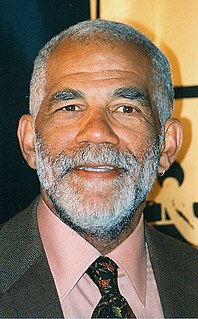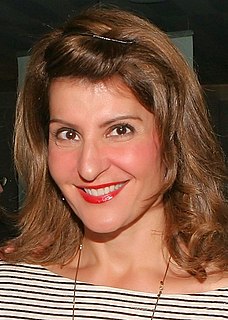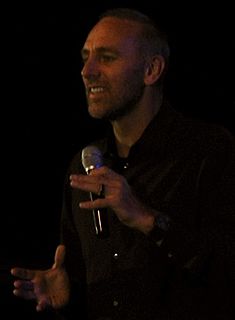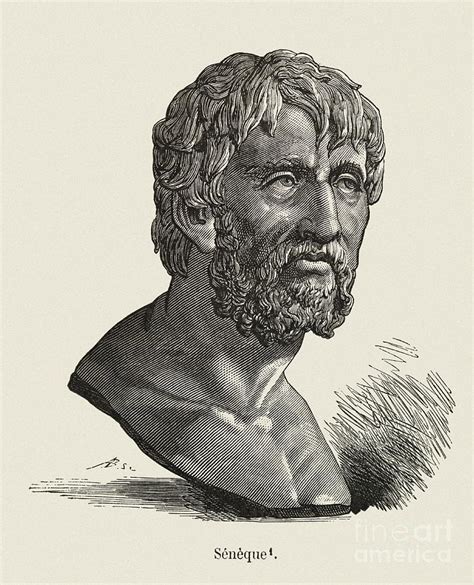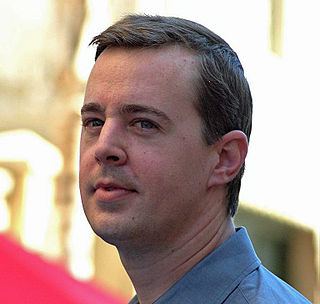A Quote by James Altucher
I had ideas first, wealth second. It only worked in that order.
Related Quotes
Nevertheless, the Tenth Commandment-'Thou shalt not covet'-recognizes that making money and owning things could become selfish activities. But it is not the creation of wealth that is wrong, but love of money for its own sake. The spiritual dimension comes in deciding what one does with the wealth. How could we respond to the many calls for help, or invest for the future, or support the wonderful artists or craftsmen whose work also glorifies God, unless we had first worked hard and used our talents to create the necessary wealth?
You have to have a lot of ideas. First, if you want to make discoveries, it's a good thing to have good ideas. And second, you have to have a sort of sixth sense-the result of judgment and experience-which ideas are worth following up. I seem to have the first thing, a lot of ideas, and I also seem to have good judgment as to which are the bad ideas that I should just ignore, and the good ones, that I'd better follow up.
The first expert said he had attention deficit disorder. The second expert said the first was out of order. One said he was autistic, another that he was artistic. One said he had Tourette's syndrome. One said he had Asperger's syndrome. And one said the problem was that his parents had Munchausen syndrome. Still another said all he needed was a good old-fashioned spanking.
My feeling is that the judge has a responsibility to the Constitution first, precedent second. Precedent is one factor. It is not the only factor. If it was the only factor, then, you know, we wouldn't have had Roe vs. Wade. We wouldn't have had Griswold. We wouldn't have had Lawrence. We wouldn't have had all these cases which the Left love.
A mathematician of the first rank, Laplace quickly revealed himself as only a mediocre administrator; from his first work we saw that we had been deceived. Laplace saw no question from its true point of view; he sought subtleties everywhere; had only doubtful ideas, and finally carried the spirit of the infinitely small into administration.
We planted the church by starting a Sunday night outreach. The very first Sunday we had 70 people turn up. The second week, there were 60, the third week, 53, and by the fourth week, 45. I've often joked that we worked it out at the time- we had only four and a half weeks left until there were no more people. It was about that time that we had our first ever commitment to Christ. We outgrew the school hall after 12 months. The crowds were so big that we were using road-case as the platform, and what should have been the stage as a balcony so that we could fit more people in.



